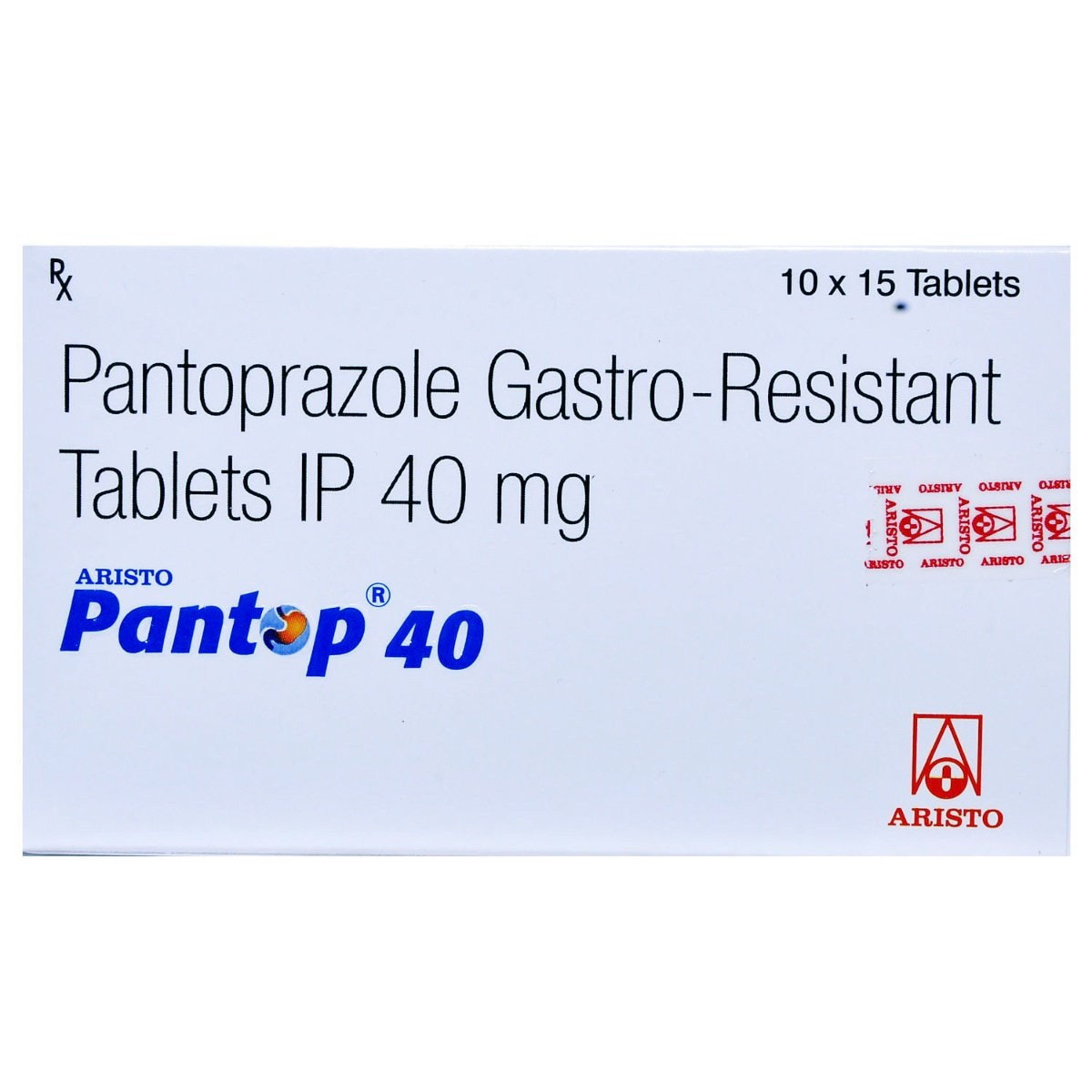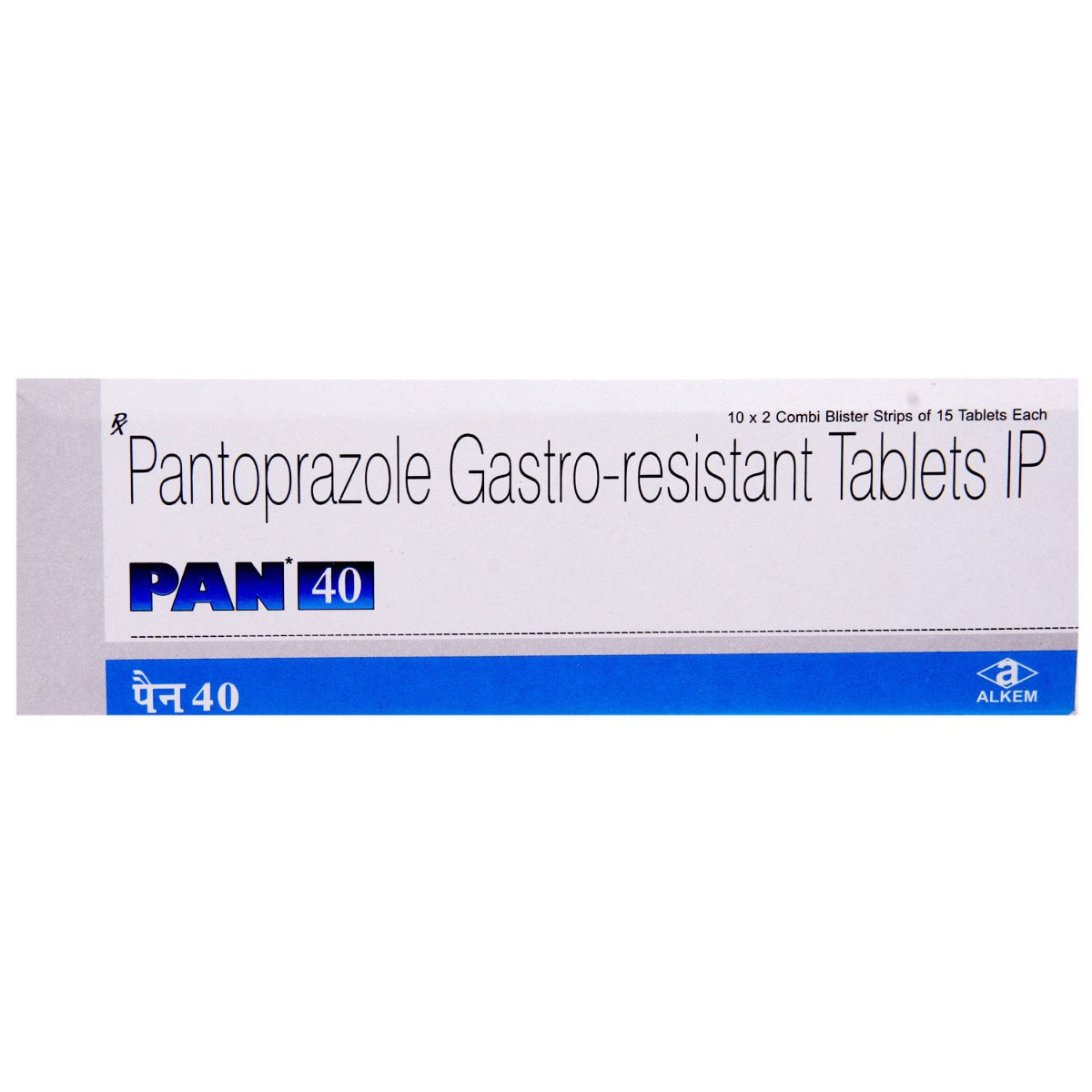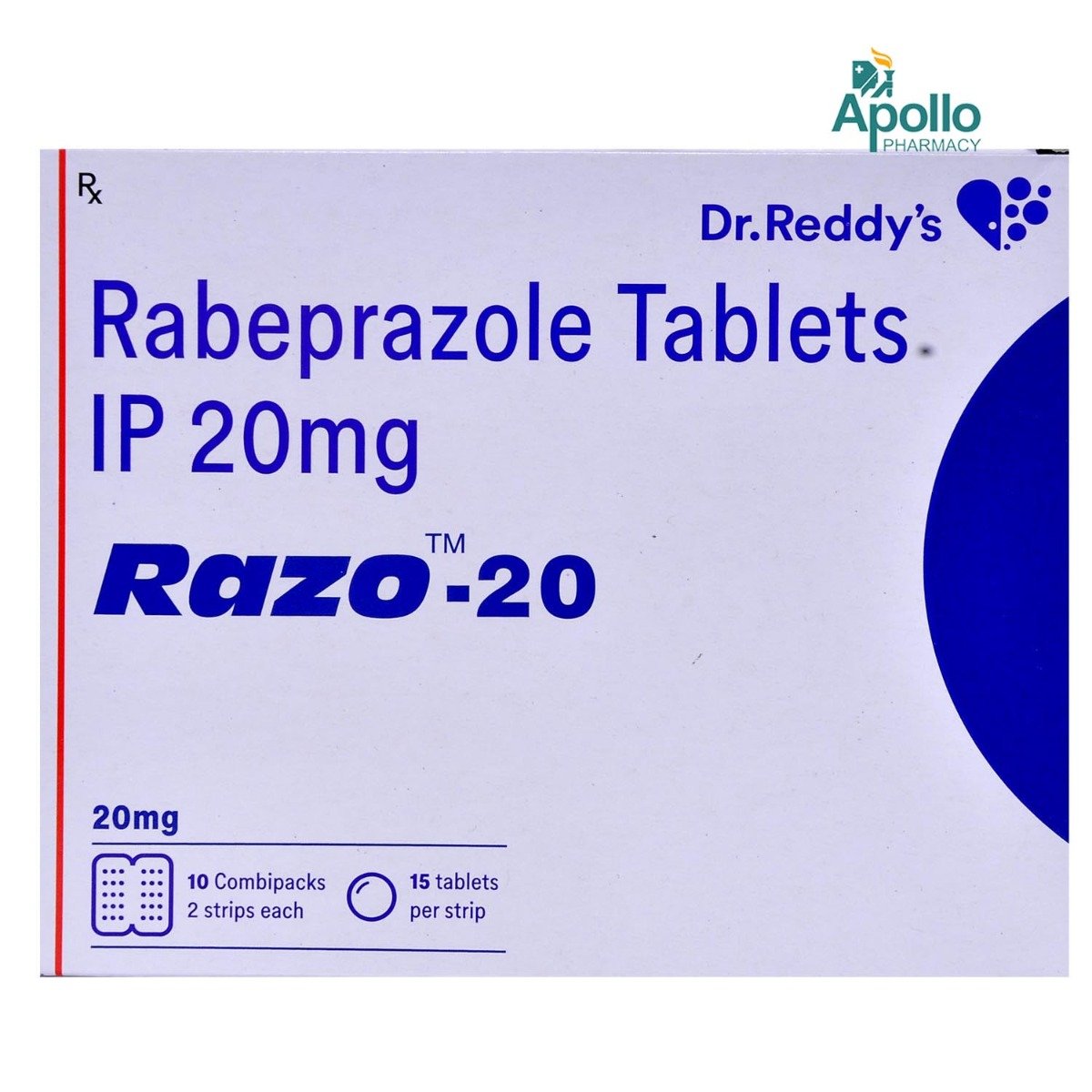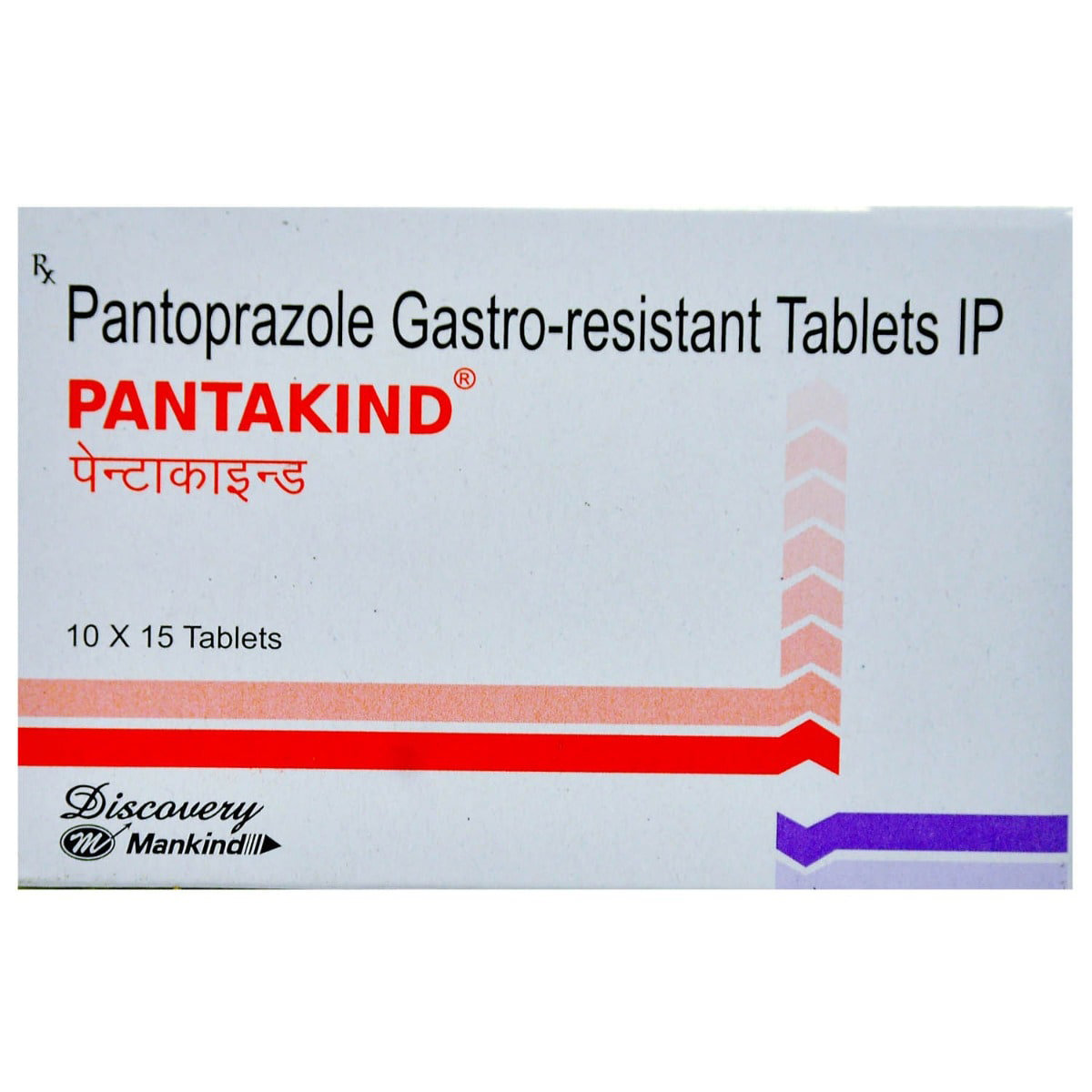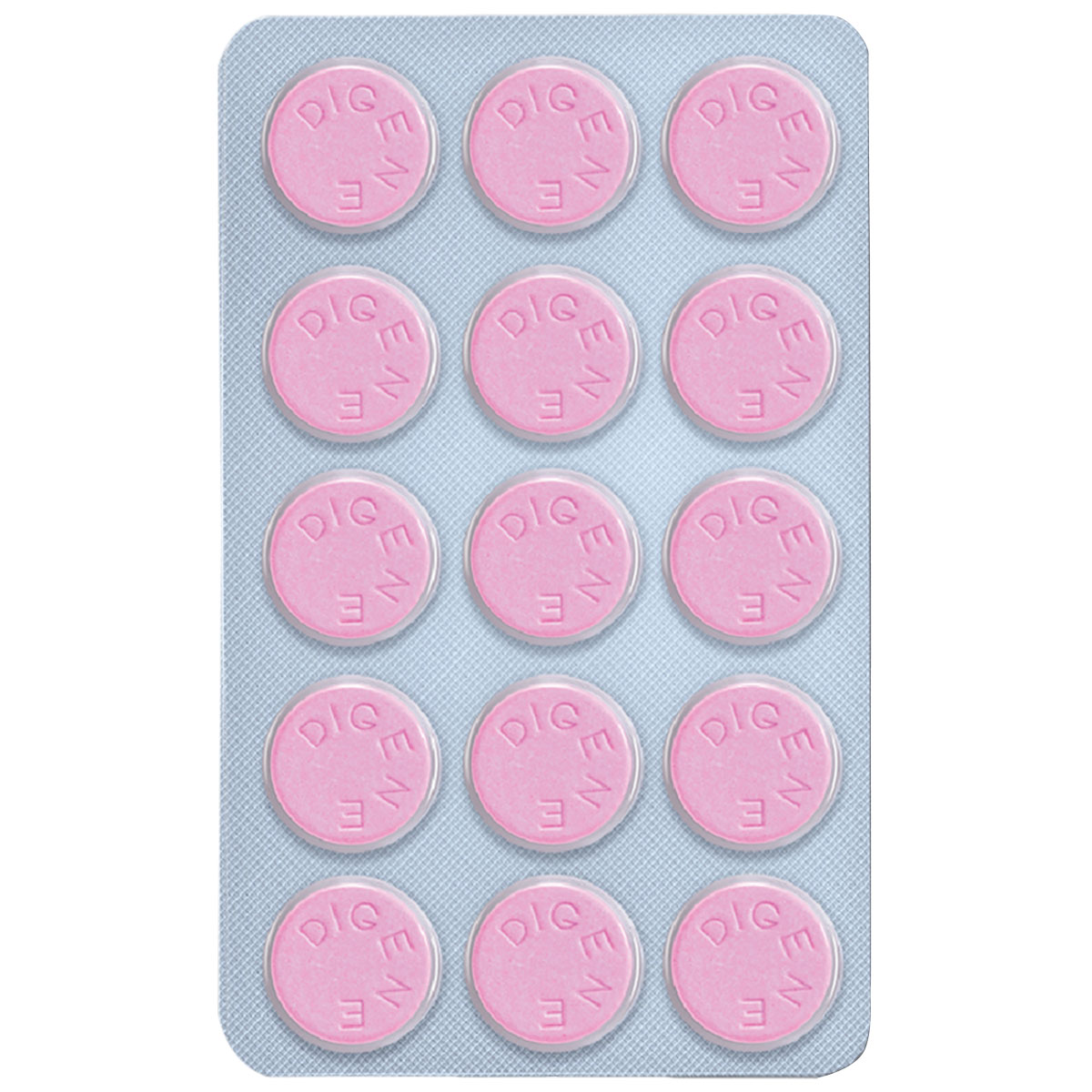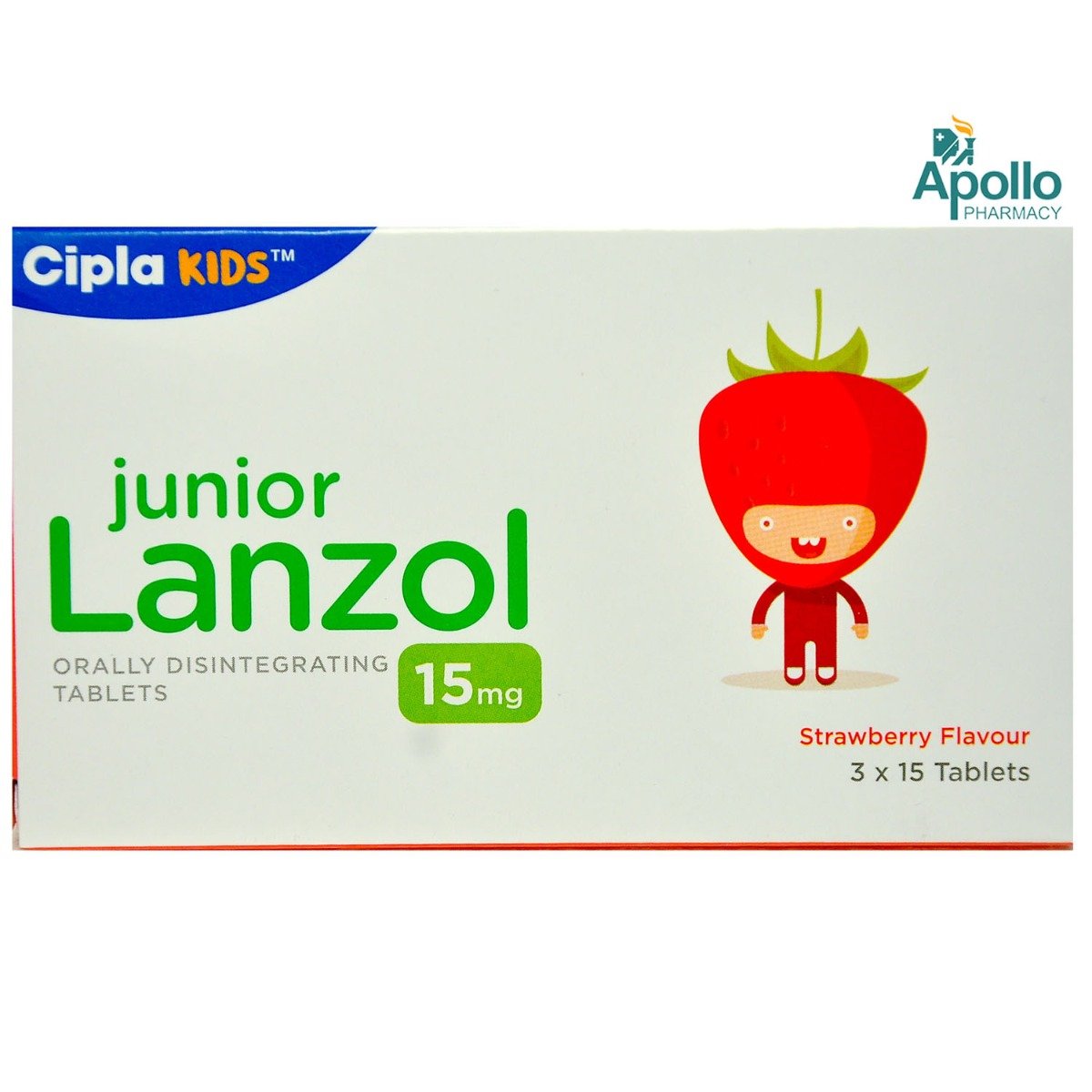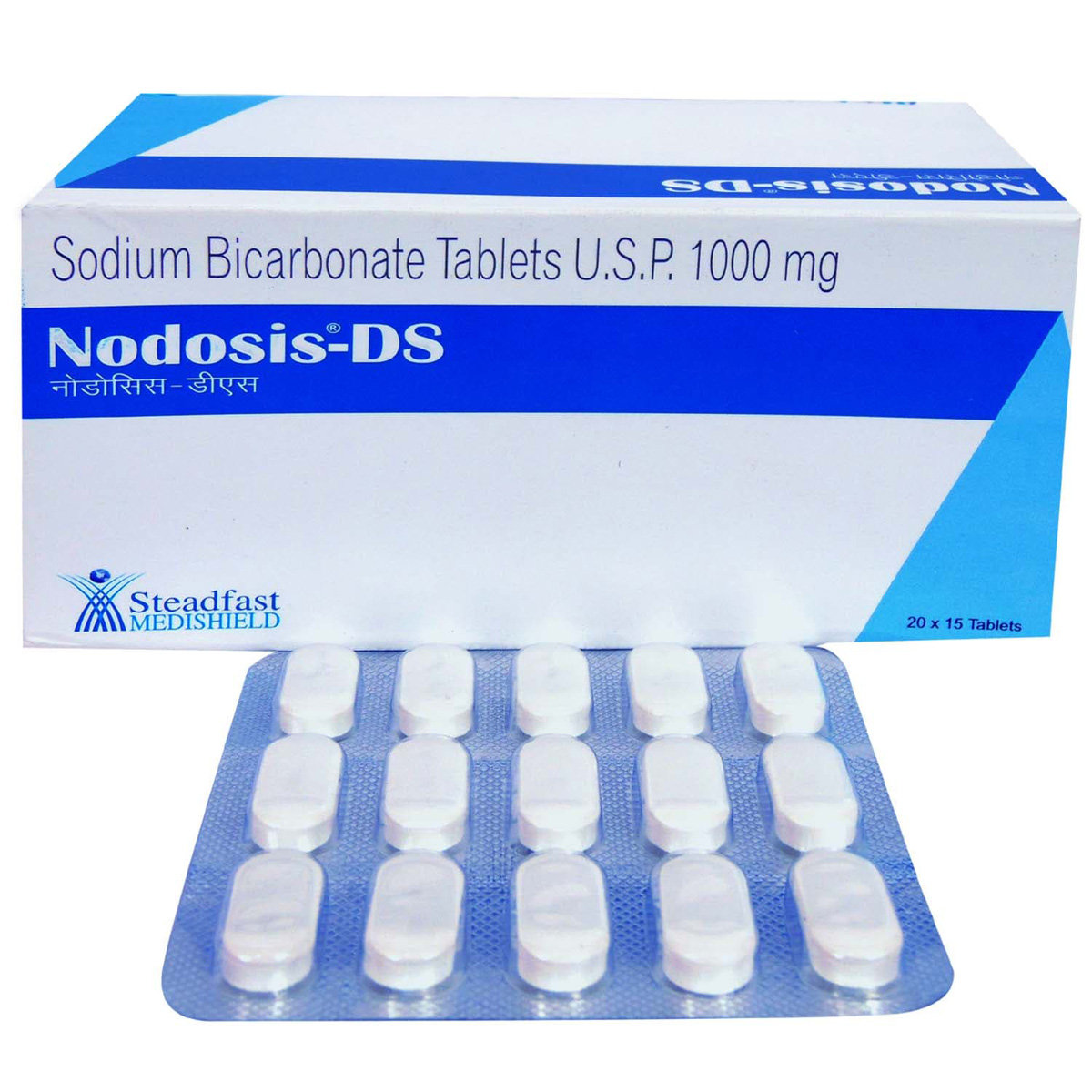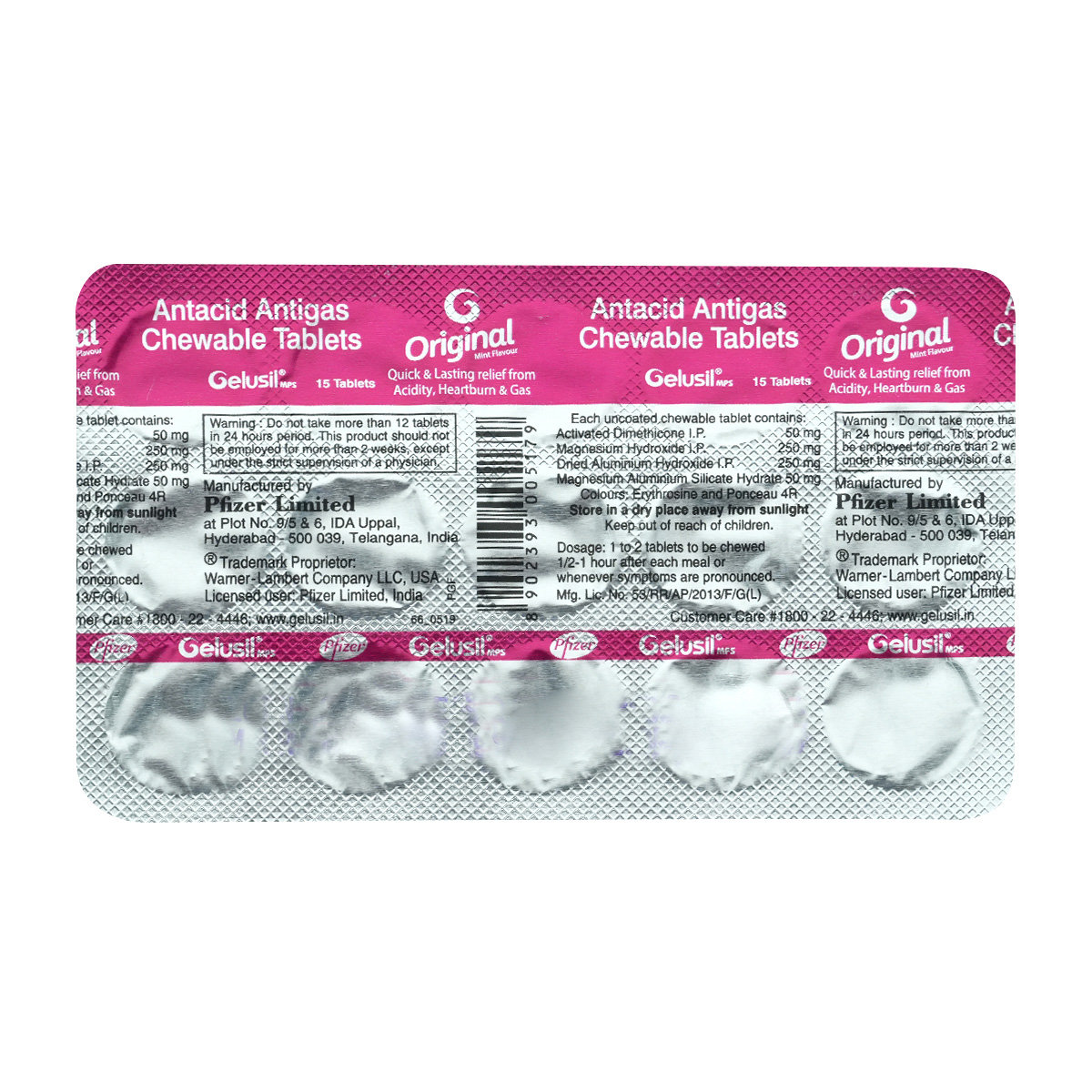- Home
- Health Condition
Tablet For Acidity
Tablet For Acidity
- Total Items (1913)
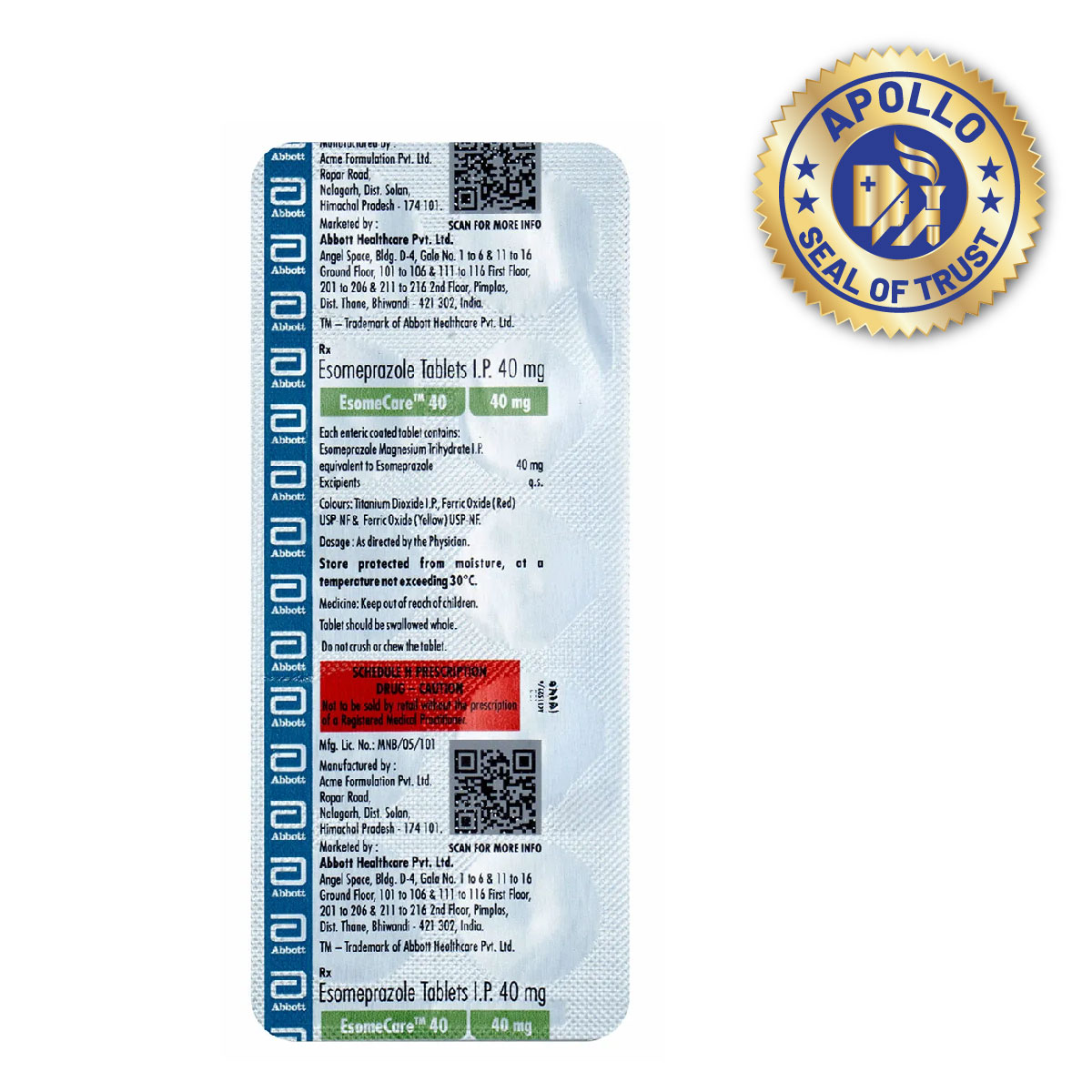 RX
RXEsomecare 40 Tablet 10's
₹75.40
MRP ₹100.50
25% off
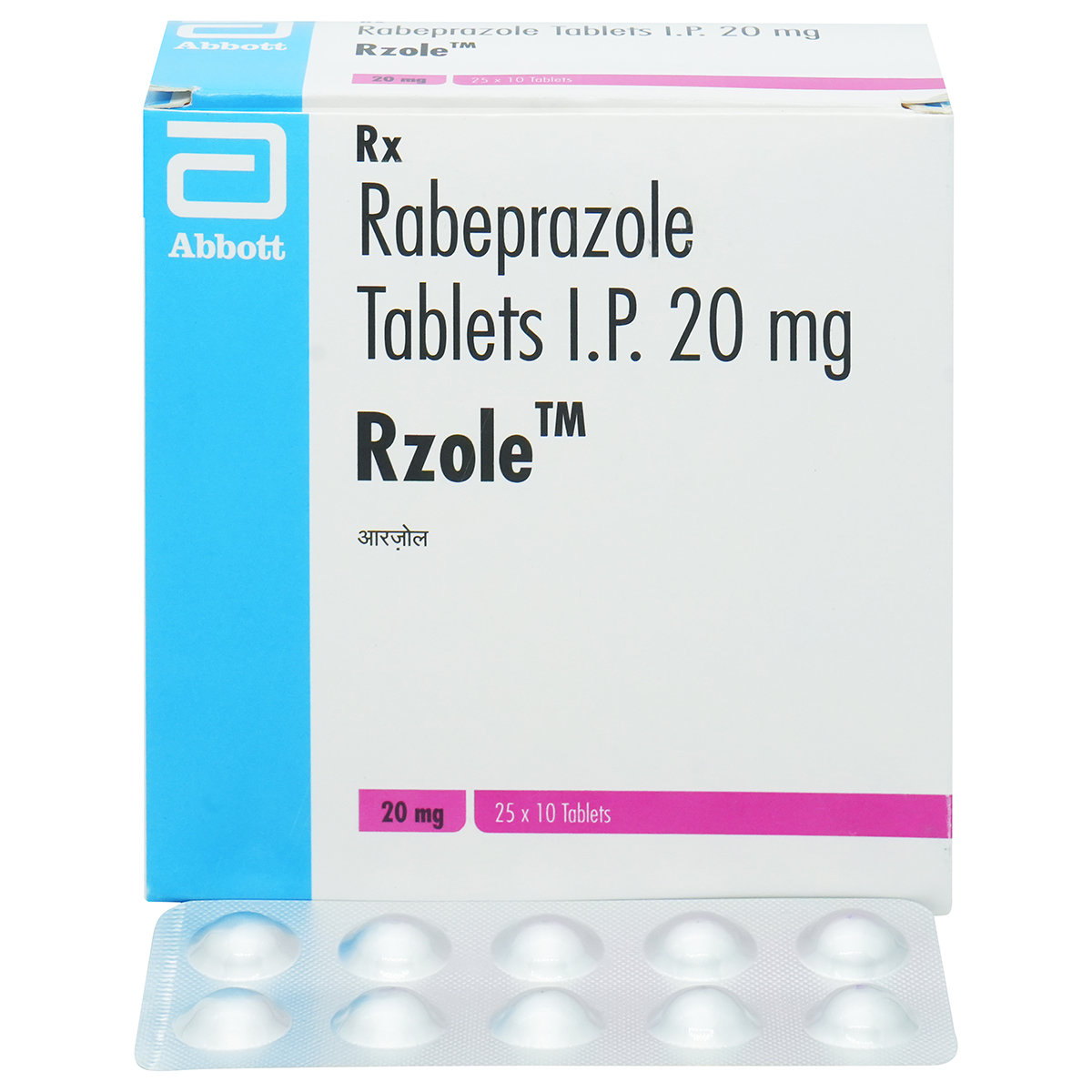 RX
RXRzole-20 Tablet 10's
₹81.10
MRP ₹108
25% off
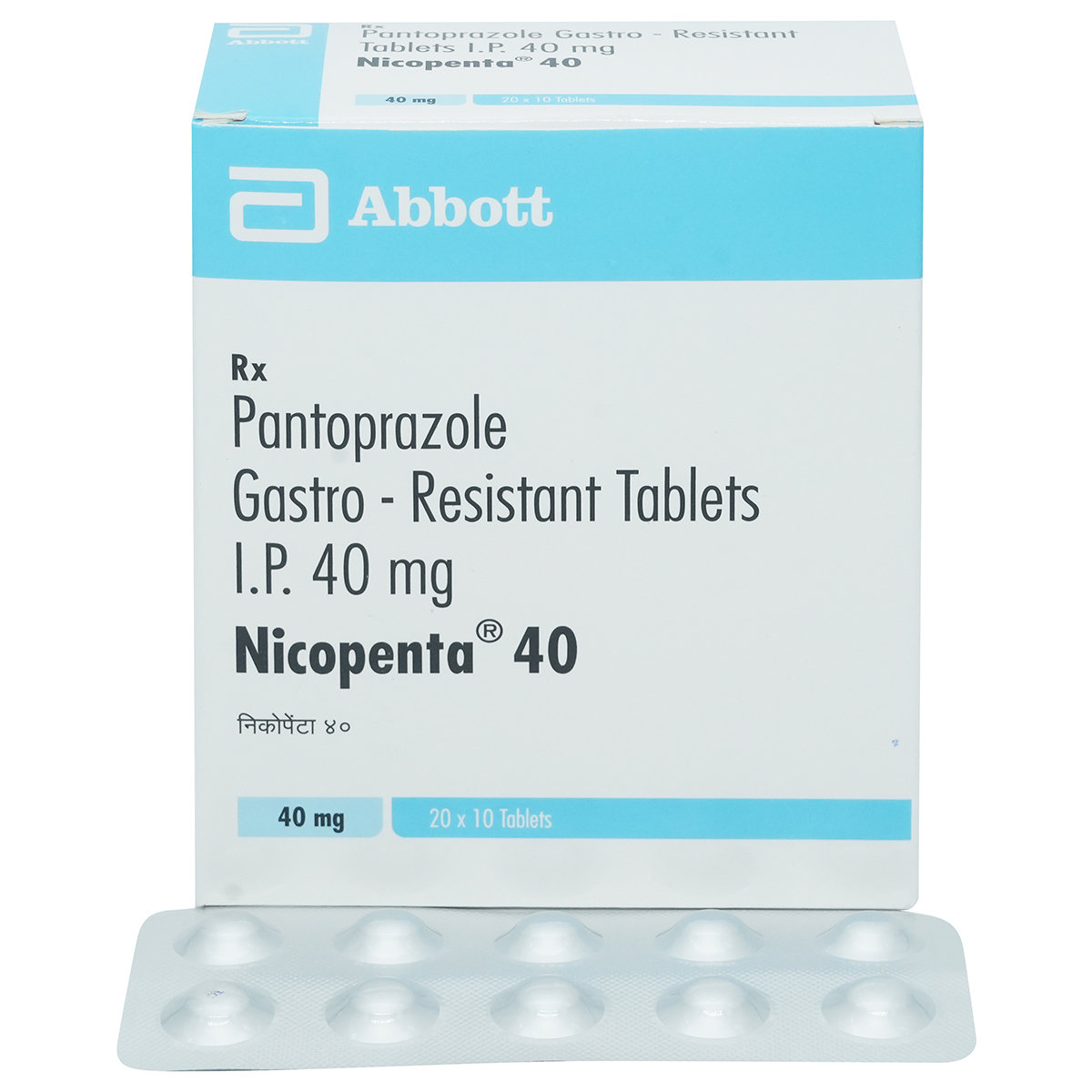 RX
RXNicopenta 40 Tablet 10's
₹106.50
MRP ₹142
25% off
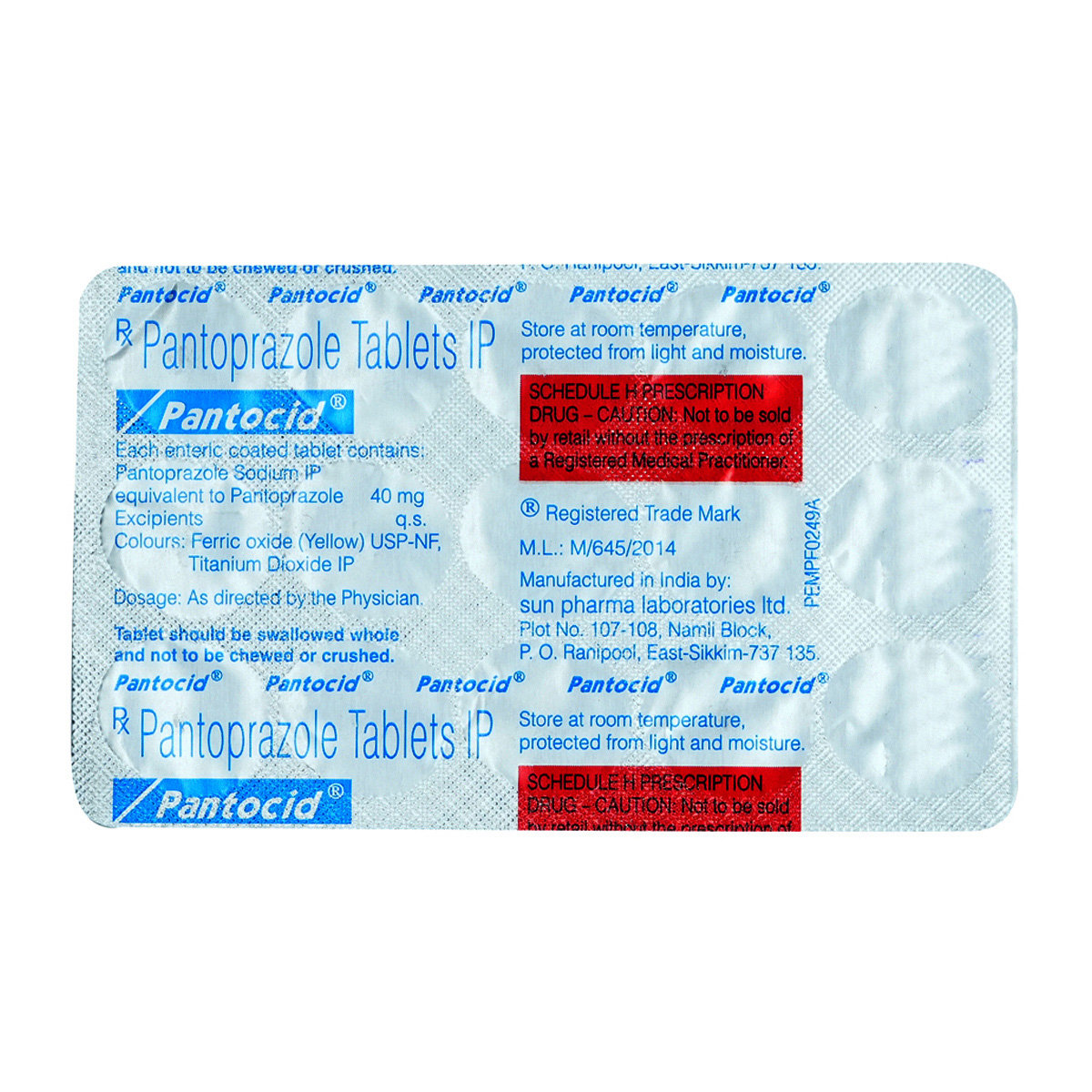 RX
RXPantocid Tablet 15's
₹181.50
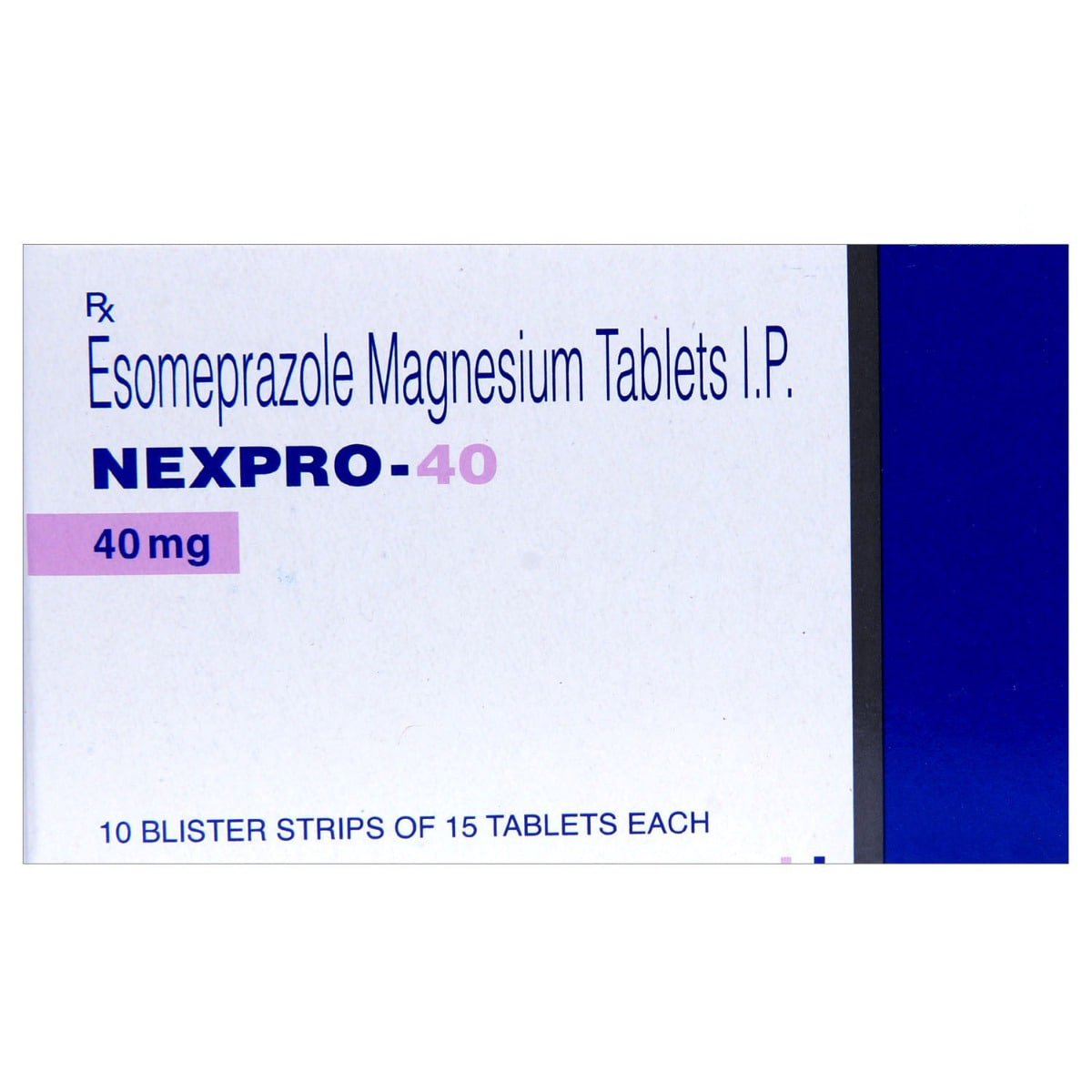 RX
RXNexpro-40 Tablet 15's
₹187.50
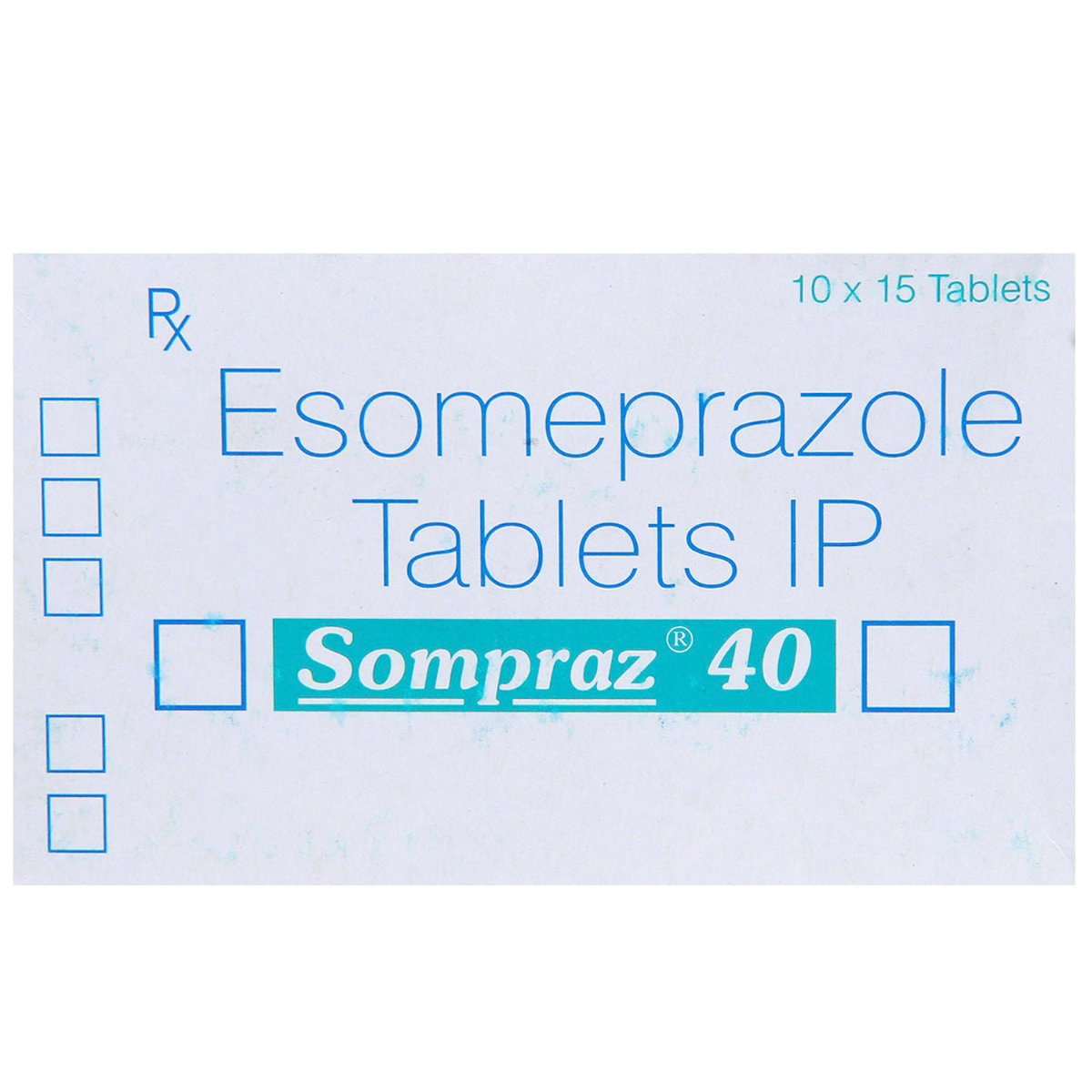 RX
RXSompraz 40 Tablet 15's
₹168.50
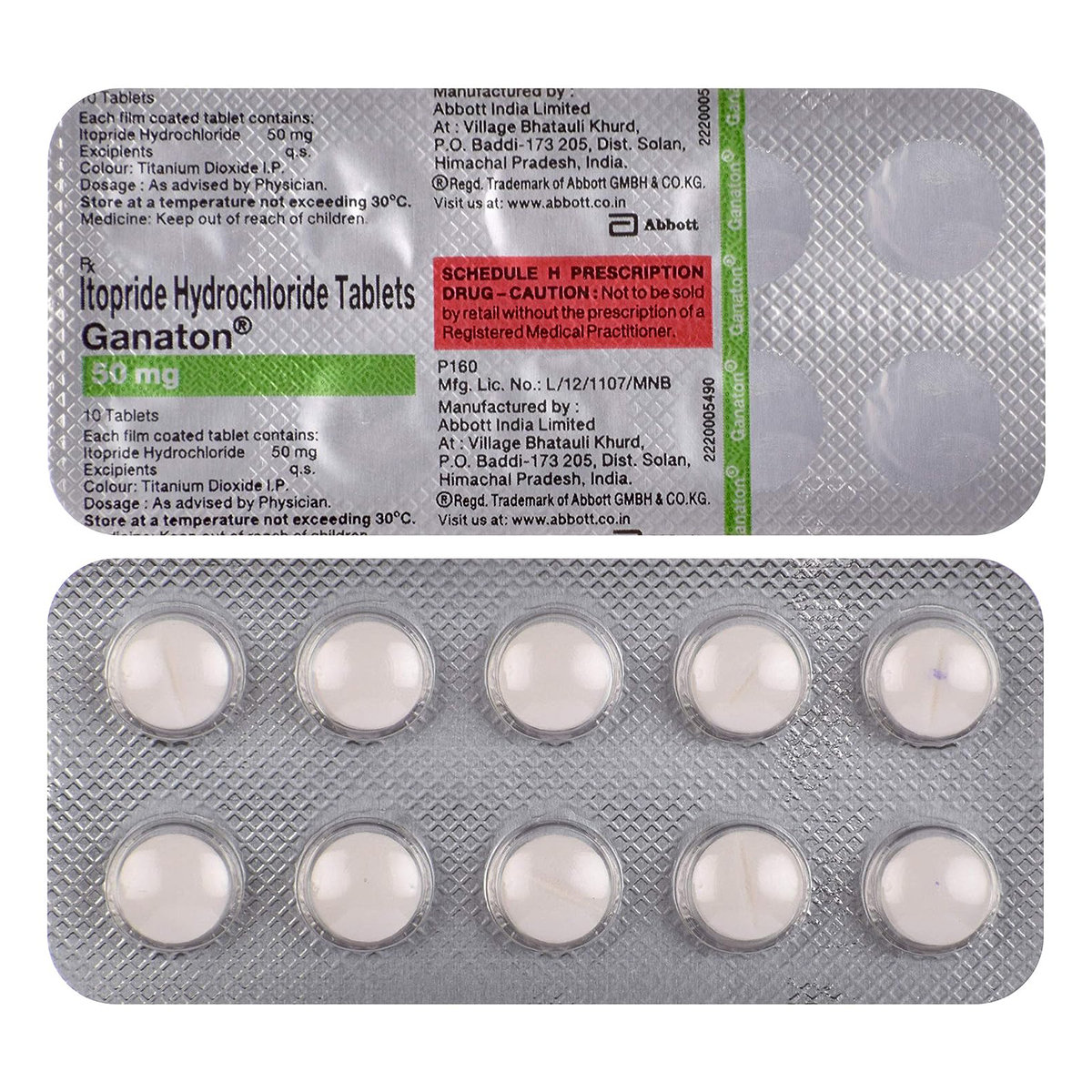 RX
RXGanaton 50 mg Tablet 10's
₹189.50
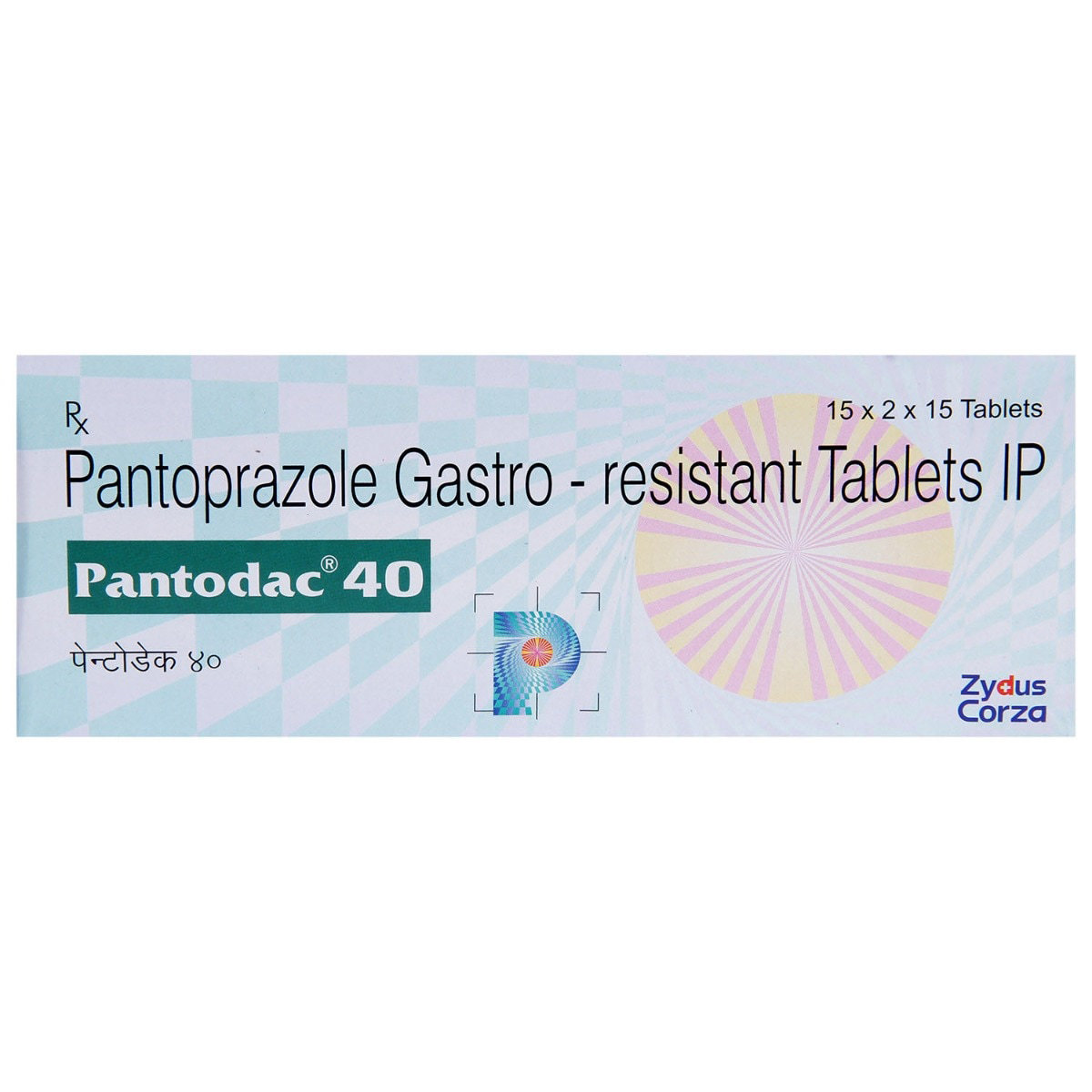 RX
RXPantodac 40 mg Tablet 15's
₹224.50
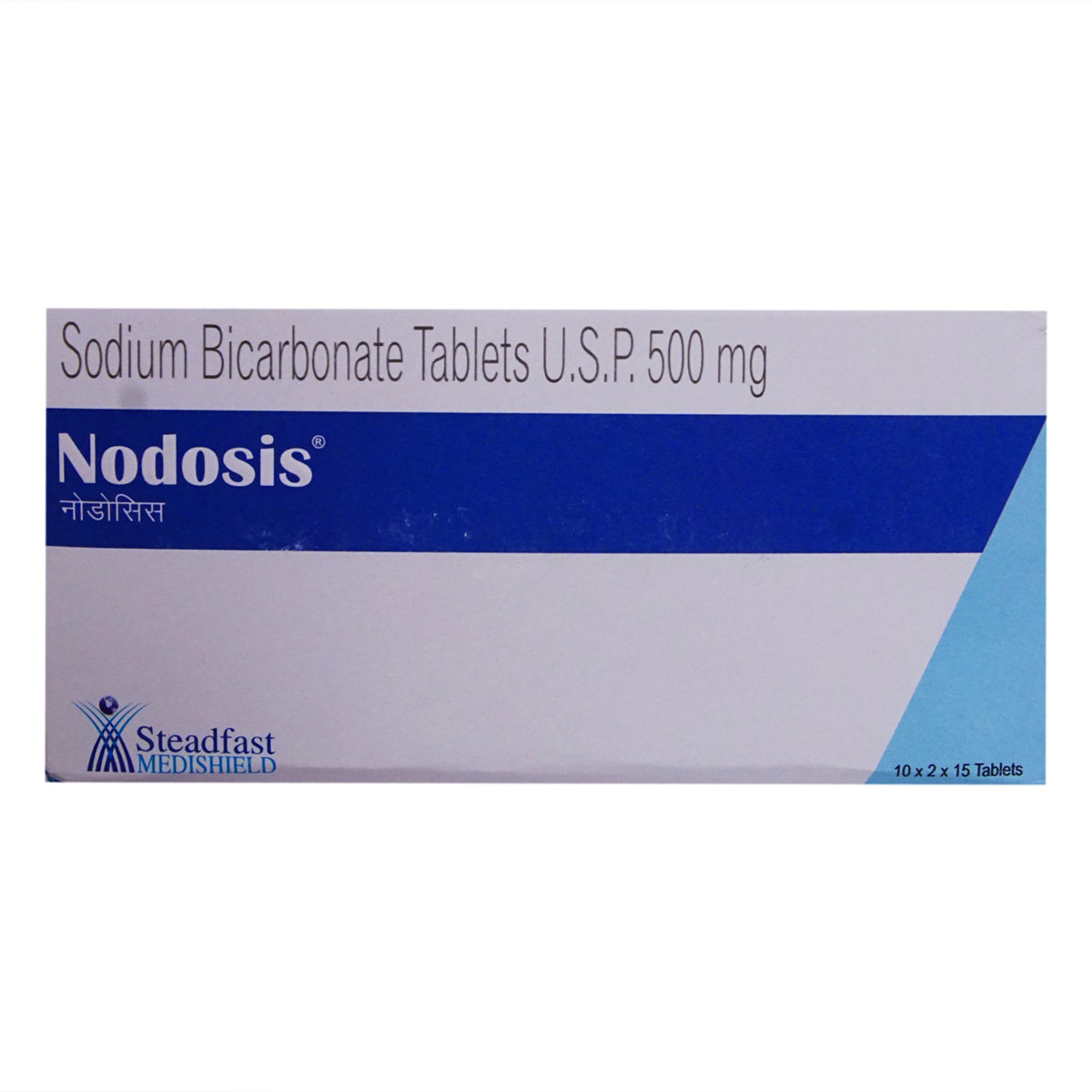 RX
RXNodosis Tablet 15's
₹50.50
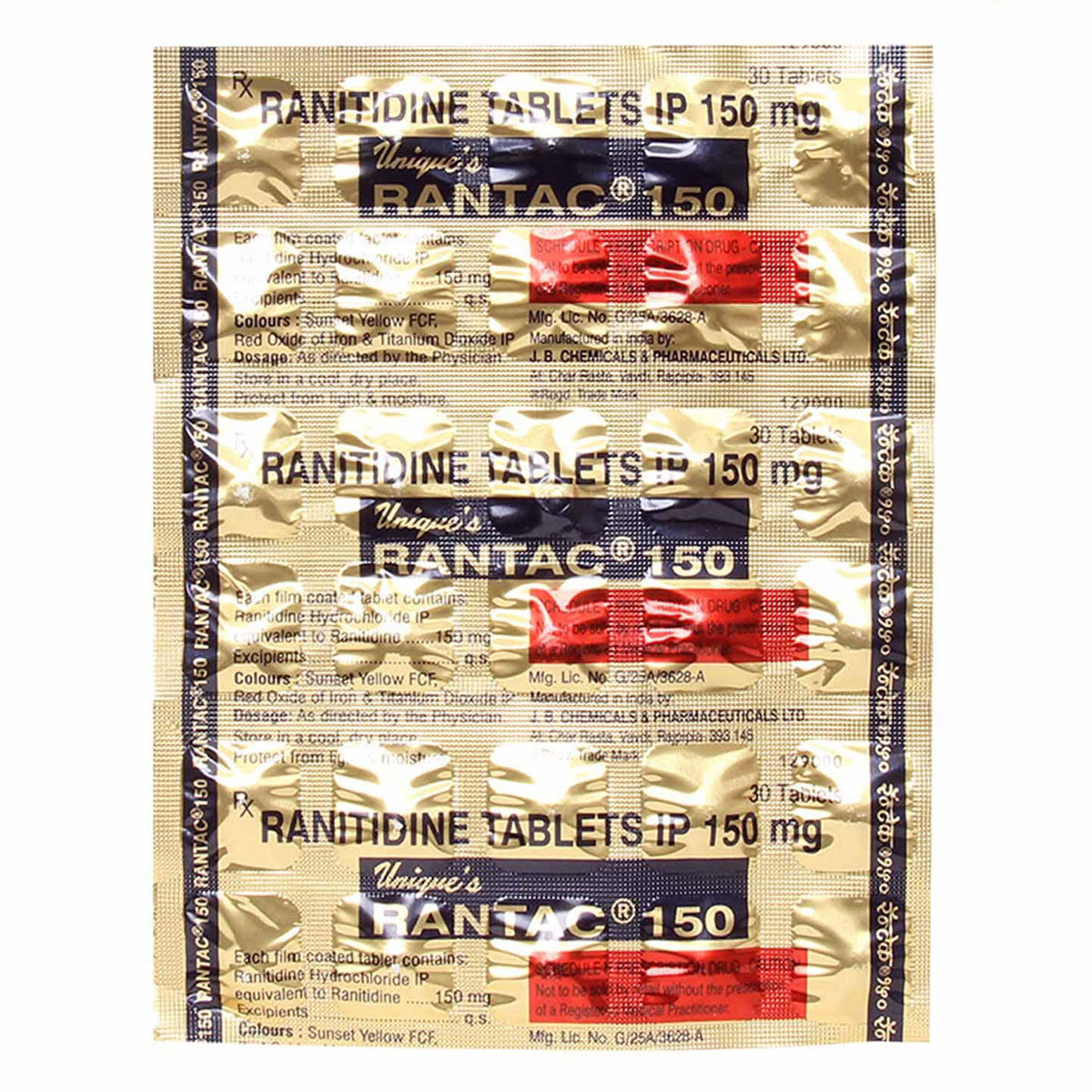 RX
RXRantac 150 Tablet 30's
₹50.50
 RX
RXRablet 20 mg Tablet 15's
₹195.50
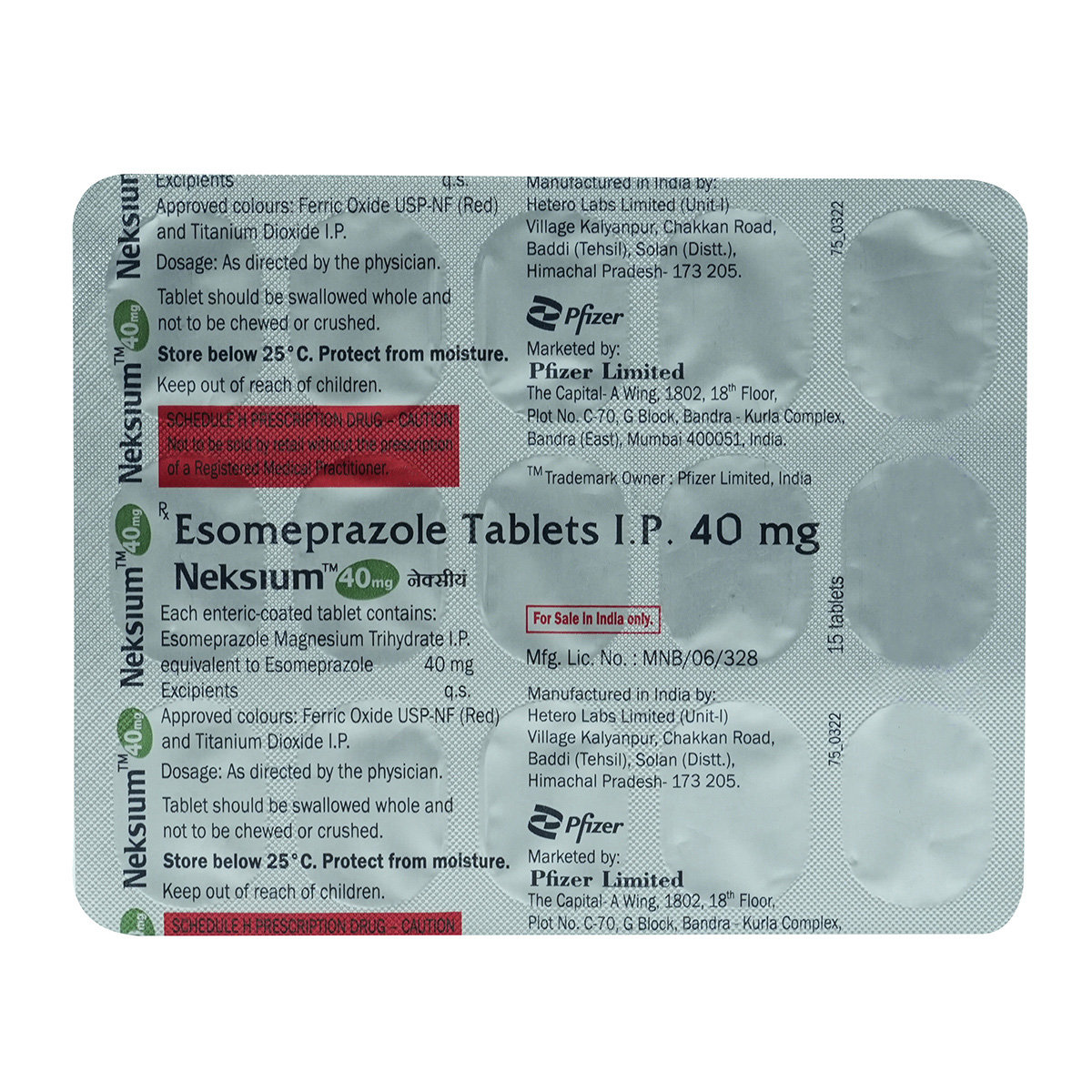 RX
RXNeksium 40 mg Tablet 15's
₹219.50
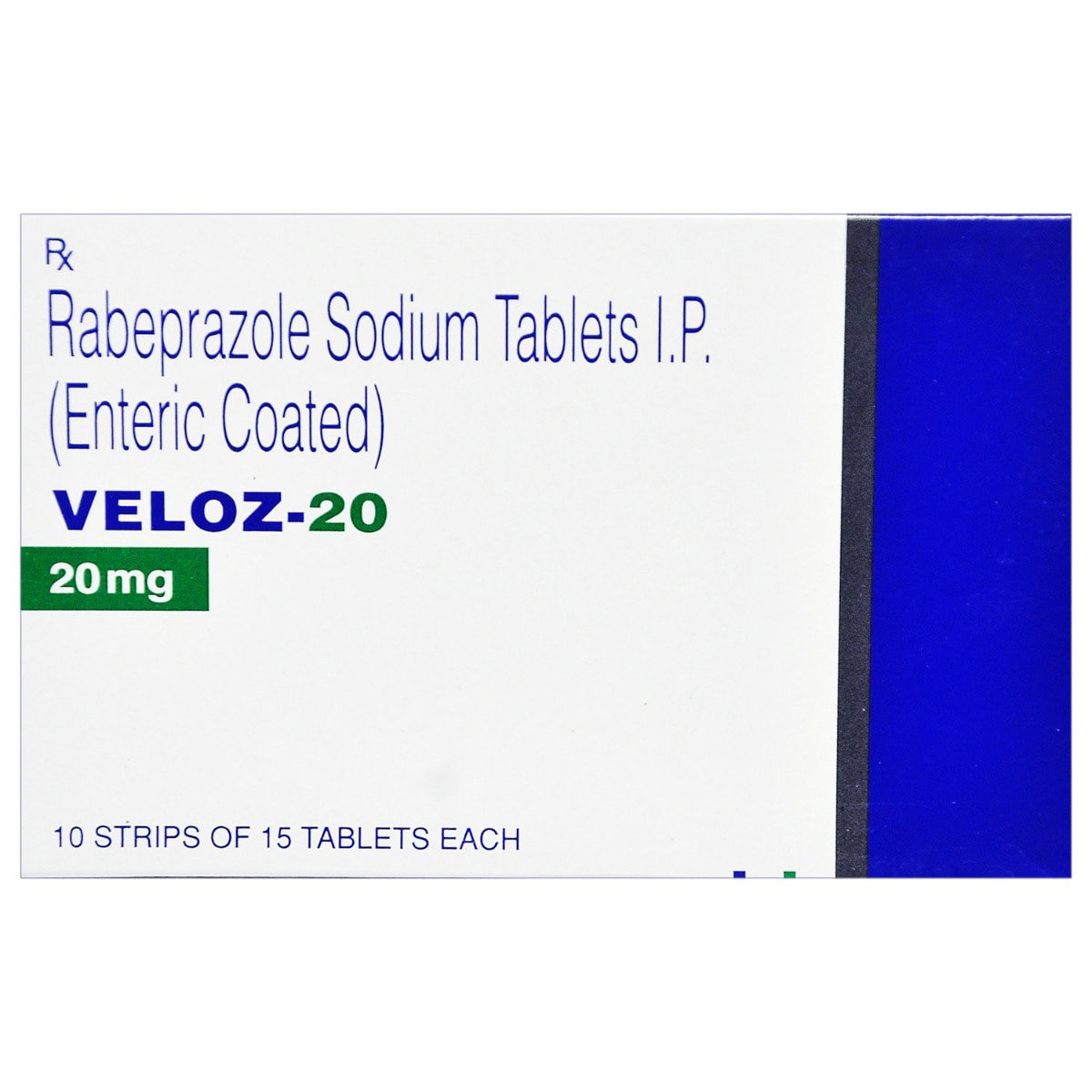 RX
RXVeloz-20 Tablet 15's
₹208.50
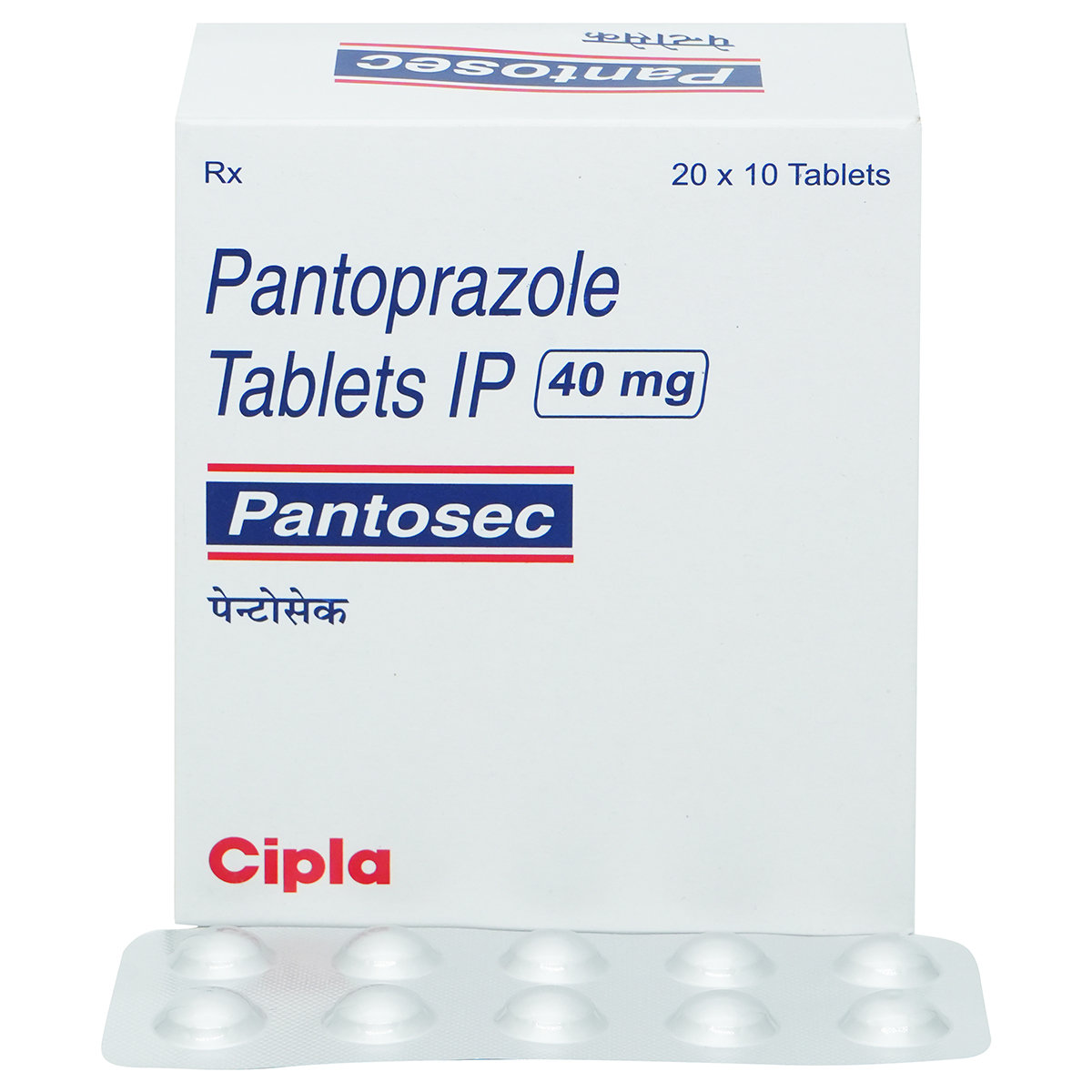 RX
RXPantosec 40 mg Tablet 10's
₹111
MRP ₹148
25% off
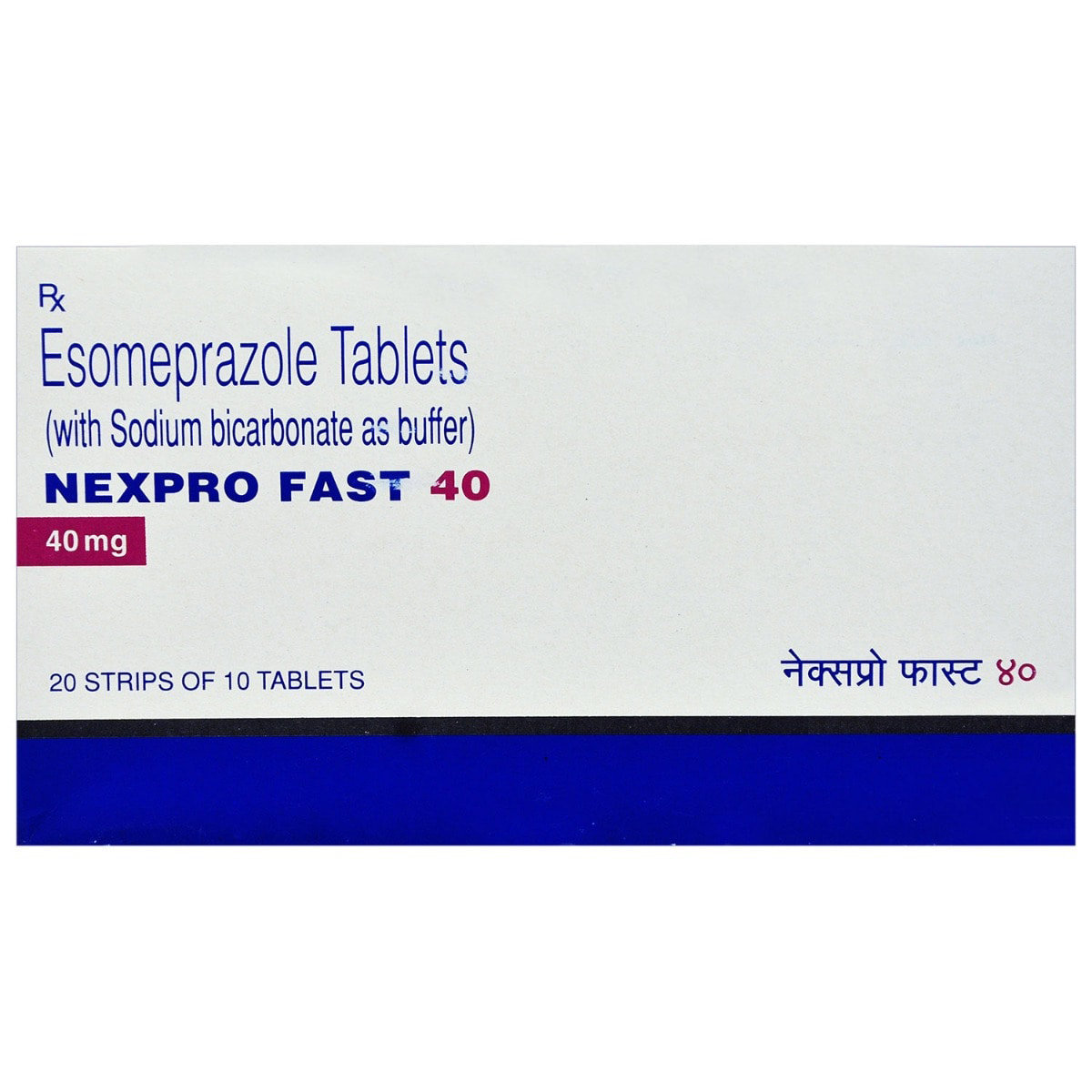 RX
RXNexpro Fast 40 Tablet 10's
₹153.50
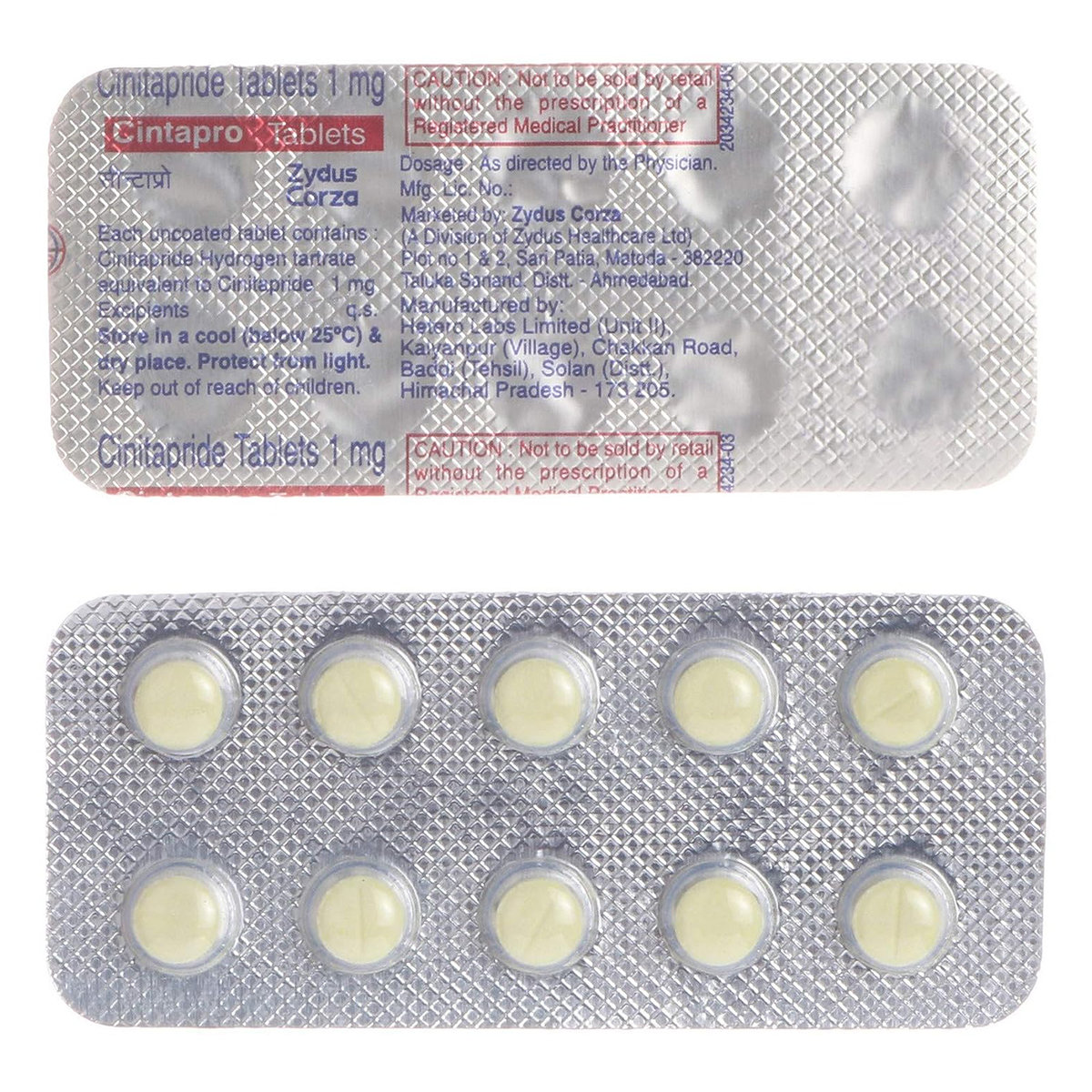 RX
RXCintapro Tablet 10's
₹156.50
Tablet For Acidity
Acidity refers to the discomfort caused by an excess of stomach acid, which can lead to symptoms like heartburn, acid reflux, indigestion, and bloating. It occurs when the stomach produces more acid than usual, irritating the lining of the oesophagus or stomach. While occasional acidity is common and often linked to specific foods or stress, chronic or severe cases can cause persistent symptoms like a burning sensation in the chest, regurgitation, and discomfort after meals. Tablets for acidity, including antacids and acid-reducing medications, provide effective relief by neutralising stomach acid, reducing acid production, and protecting the stomach lining. In this guide, we will explore the different types of acidity tablets, their benefits, safe usage, and where to conveniently purchase them online.
Types of Tablets for Acidity
Acidity tablets are formulated to relieve symptoms of heartburn, acid reflux, and indigestion by neutralising stomach acid, reducing acid production, or improving digestive function. Below are the main types of tablets used for acidity relief:
1. Antacid Tablets
Antacid tablets offer fast relief by neutralising excess stomach acid, reducing the burning sensation often experienced during heartburn.
- How they work: These tablets contain alkaline compounds that quickly neutralise acid in the stomach, offering immediate symptom relief.
- Key ingredients: Calcium carbonate, magnesium hydroxide, aluminium hydroxide.
- Common use: Suitable for mild acidity or occasional heartburn; taken as needed, usually after meals or when symptoms arise.
2. H2 Receptor Blockers (H2 Antagonists)
H2 blockers reduce the amount of acid the stomach produces, providing longer-lasting relief than antacids.
- How they work: These tablets block histamine-2 (H2) receptors in the stomach lining, which are responsible for stimulating acid production.
- Key ingredients: Famotidine, ranitidine
- Common use: Often taken before meals or at bedtime to prevent acid buildup and manage frequent acid reflux.
3. Proton Pump Inhibitors (PPIs)
PPIs are powerful acid reducers used for treating persistent acidity, GERD, and acid-related ulcers.
- How they work: PPIs block the proton pumps in the stomach lining, significantly decreasing acid production at its source.
- Key ingredients: Omeprazole, pantoprazole, esomeprazole, lansoprazole.
- Common use: Taken once daily, typically before breakfast, for long-term management of moderate to severe acidity.
4. Prokinetic Tablets
Prokinetic medications are used when acidity is linked to slow gastric emptying or poor digestive motility.
- How they work: These tablets enhance the movement of food through the stomach and intestines, helping reduce acid reflux and bloating.
- Key ingredients: Domperidone, metoclopramide.
- Common use: Prescribed for individuals with reflux, indigestion, or bloating related to delayed gastric emptying; usually taken before meals.
Benefits of Using Tablets for Acidity
Tablets for acidity offer an effective solution for managing acid reflux, heartburn, and related digestive discomforts. Here are some key benefits:
- Rapid Symptom Relief: Antacids work instantly to neutralise stomach acid, providing quick comfort from burning sensations.
- Reduced Acid Production: H2 blockers and Proton Pump Inhibitors (PPIs) help control excess acid secretion, preventing acidity before it starts.Long-Term
- Management: Tablets like PPIs are highly effective for treating chronic conditions such as GERD.
- Improved Digestion: Certain formulations enhance digestive function and reduce bloating.
- Prevention of Complications: Regular use of prescribed tablets can prevent ulcers, oesophageal damage, and other acid-related complications.
- Convenience & Accessibility: Tablets are easy to take, portable, and available in various formulations, including Ayurvedic options for natural relief.
Dosage & Usage Instructions for Tablets for Acidity
The appropriate use of acidity tablets depends on the type of medication, the severity of symptoms, and individual health conditions. Below are general guidelines for common categories of acidity tablets:
- Antacids: These are typically used for immediate symptom relief and are taken as needed, usually 1 to 2 tablets after meals or at the onset of symptoms such as heartburn or indigestion.
- H2 Receptor Blockers (e.g., Ranitidine, Famotidine): Often prescribed once or twice daily, usually 30 minutes before meals, to reduce acid production over a longer period.
- Proton Pump Inhibitors (PPIs) (e.g., Omeprazole, Pantoprazole): Commonly recommended once daily, ideally in the morning before breakfast, for long-term acid suppression and management of chronic reflux conditions.
- Always follow the prescribed dosage provided by your healthcare provider or as directed on the medication label.
- Avoid exceeding the recommended dose, as overuse can lead to side effects such as constipation, nutrient malabsorption, or changes in stomach acid balance.
- Do not use acidity tablets long-term without medical supervision. Prolonged use, especially of PPIs and H2 blockers, may carry risks and should be monitored by a healthcare professional.
- Special considerations: Pregnant or breastfeeding individuals should consult a doctor before using any acidity medication to ensure safety.
Buy Acidity Tablets Online at Apollo 24|7
Looking for effective relief from acidity? At Apollo 24|7, you can explore a wide range of tablets suitable to relieve acidity symptoms like heartburn, acid reflux, and indigestion. Whether you need fast-acting antacids, long-term acid reducers like PPIs or H2 blockers, or doctor-recommended solutions, you’ll find trusted options to suit your needs. With easy online ordering and quick home delivery, managing acidity is simple, convenient, and just a click away.
Frequently asked questions
Acidity tablets help relieve symptoms like heartburn, indigestion, and acid reflux. Antacids neutralise stomach acid for quick relief, while H2 blockers and proton pump inhibitors (PPIs) reduce acid production, offering longer-lasting control. Some tablets may also help protect the stomach lining from irritation.
Antacids are usually taken after meals or when symptoms occur. H2 blockers are typically taken before meals, once or twice daily. PPIs are most effective when taken once a day, usually in the morning before food. Always follow the directions on the label or your doctor's advice.
Some tablets, like H2 blockers and PPIs, may be used daily for chronic conditions under medical supervision. However, prolonged use without guidance can lead to side effects. Antacids should only be used occasionally, not as a long-term solution.
If you still experience acidity despite using tablets, consult a doctor. Persistent symptoms may indicate conditions like GERD, ulcers, or an infection such as H. pylori, which require a proper diagnosis and personalised treatment.
Some antacids may be considered safe during pregnancy or breastfeeding, but others (like PPIs or H2 blockers) should only be used under medical supervision. Always check with your doctor before starting any medication during these periods.

